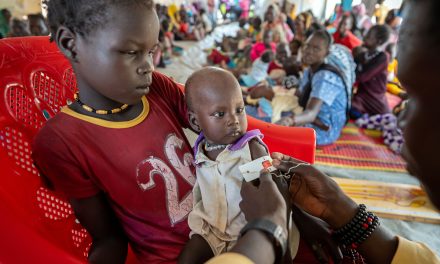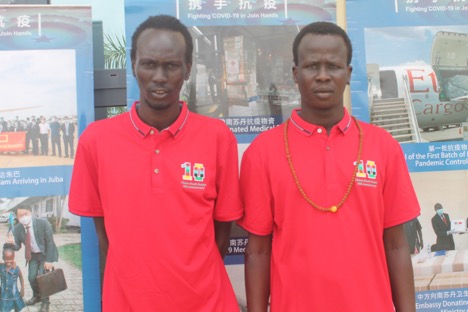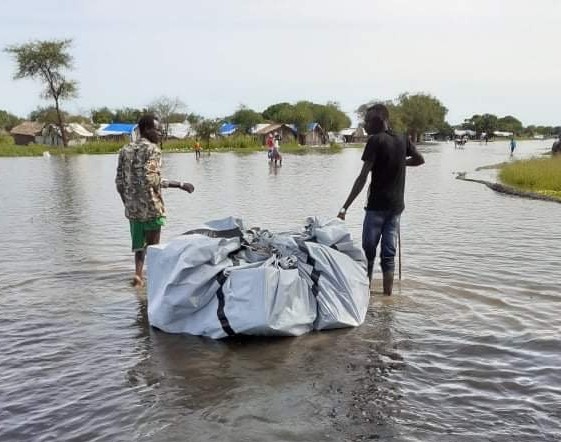
Famine looms as South Sudan region sinks under water
By Okech Francis
Gatluak Char Puok fled Nyaldiu as flood waters gushed on his path, killing 36 of his 100 goats along the road to Bentiu, the capital of South Sudan’s Unity State.
Rising water levels have already cut off Bentiu from the rest of Unity State, and threatens to submerge the capital.
“I could not pick anything and just fled with the goats and my grandchildren,” the 60-year-old disabled man told Juba Echo from Bimruok camp in Bentiu town where he has pitched camp with thousands of others from the neighbouring counties.
Despite being blind has a child, Puok has reared goats and cattle in hundreds, they survived the war and cattle rustlers but floods are descending with a much bigger threat to his livelihood.
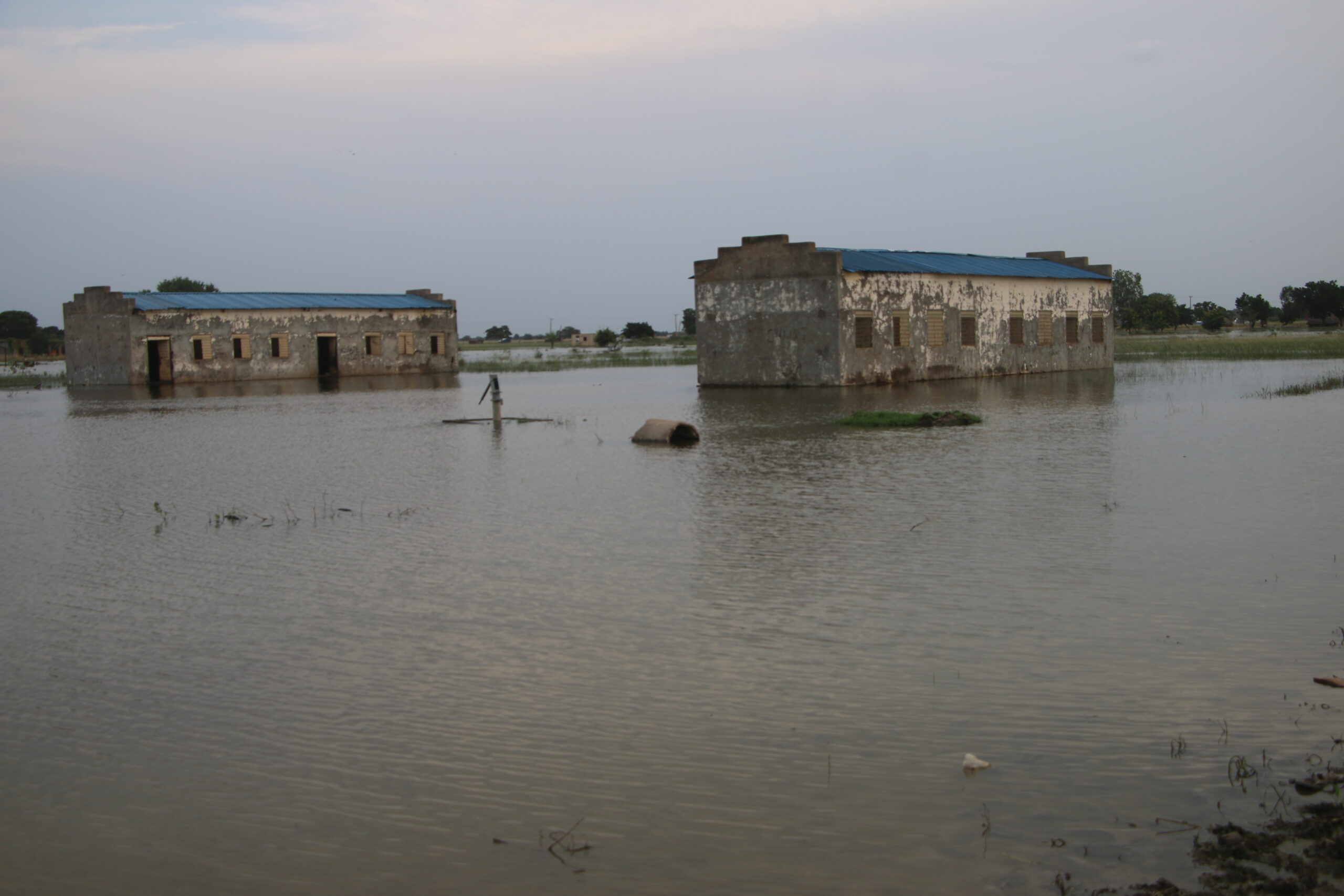
The region hasn’t brushed aside effects of war, three years after fighting groups reached a deal to pacify the country. The hallmarks of the crisis is still very vivid.
The capital exchanged hands several times between government and rebel forces and bears the memories of some of the worst massacres during the crisis.
During one night in 2014, 400 people including traders, women and children were murdered by rebel forces.
Unity State is not new to famine.
“This flooding will make people experience worst hunger that what happened during the war,” Puok said.
The Director General in the Ministry of Information in Unity State, Deng Muon Liah corroborated Puok’s warning of famine.
“The floods have caused destruction of livestock as well as farms of the people at a rate unprecedented.
“I believe after this, it will bring about famine in the state,” Liah told Juba Echo.
Across the State, six counties are submerged in flood waters, including Leer and Mayendit were the famine, coined “man made” by the international community was declared in 2017. It took combined efforts of aid agencies to mitigate it.
The floods have already uprooted 90 percent of people, many fleeing to high lands in the bushes, the capital as well as neighbouring States.
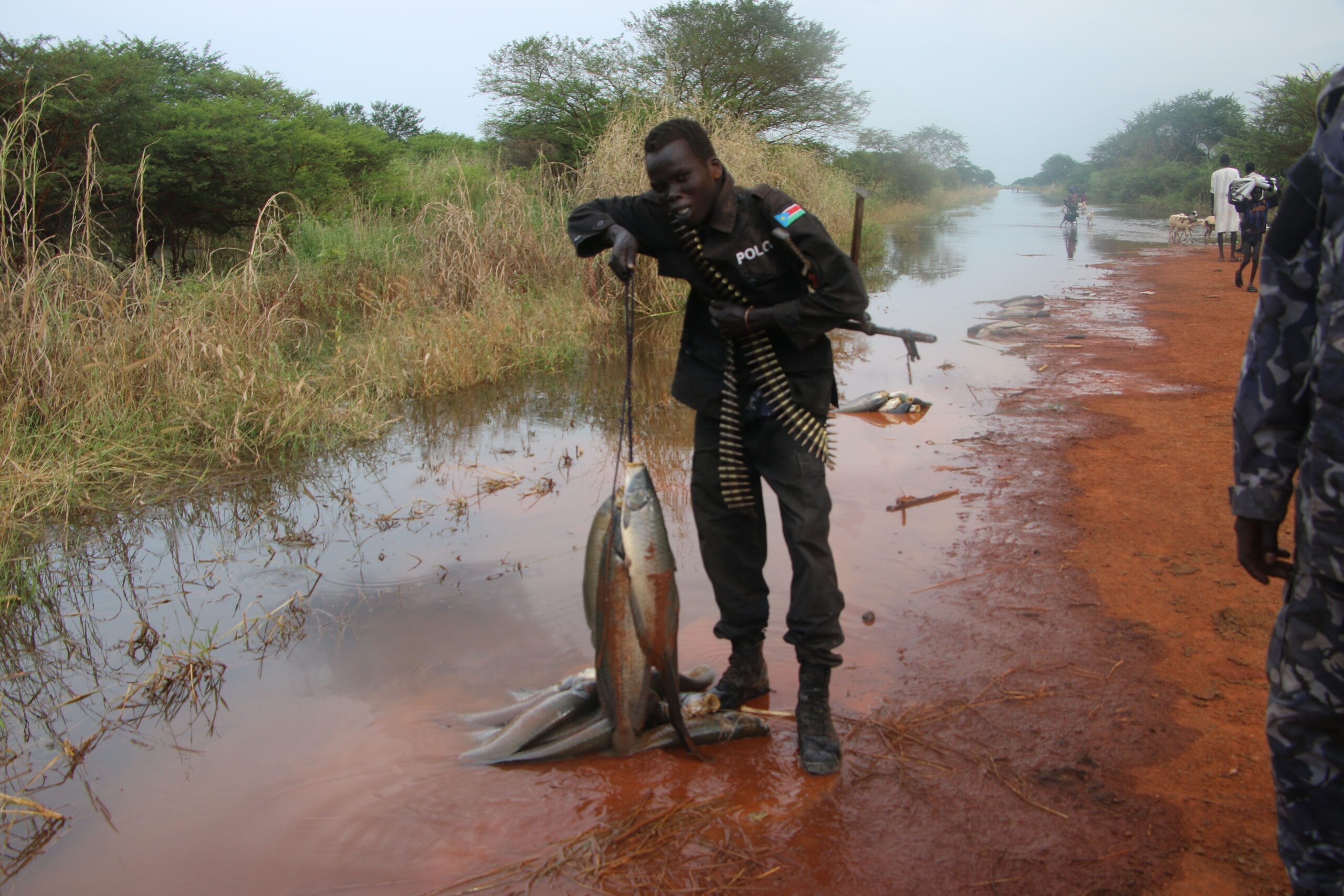
Bentiu is an island in Unity State and the floods have already taken over some parts.
Key facilities and infrastructures including government ministries are in water.
All roads leading to the countryside from the state capital have been cut off by flood waters.
People, livestock and wild animals are all on the rush for higher dry ground.
Personal properties have been destroyed, farms submerged and already making the situation very dire for people who were already living on the brink after six years of a devastating crisis in South Sudan.
“This displacement is a massive one-90 percent of the people are displaced,” Unity State governor Joseph Manytuil said while leading journalists on a tour of the floods around Bentiu.
“The magnitude of the disaster is overwhelming and as a state government, we are asking that resources should be provided for us to assist them,” he said.
“In all the villages, we lost all that are there and we are only trying to maintain Bentiu and the facilities here.”
Very lucky people have made it to the capital and neighbouring lakes State, Manytuil said.
Hundreds of thousands of the 850,000 population are languishing on islands created by the floods without food and other sources of livelihoods.
Unity State is oil producing and oil pollution is rampant. Clean water is hard to come by and flood waters are dragging the pollutants far and wide, threatening the health of the people.
Across the country, a similar situation presents itself with floods destroying people’s livelihoods, re-displacing hundreds of thousands of those who returned home after the crisis subsided.
More than 623,000 people have already been affected by flooding in 27 counties across eight states since May, the United Nations Office for Coordination of Humanitarian Affairs said this week.
At Bimruok IDP camp, another displaced person, 60-year-old Nyagor Biliet Chuol rues the lost of her livelihood to floods.
Chuol fled Nyaldiu with 8 grandchildren and arrived in Bentiu in July.
She received food alms once, on arrival, and since then has to rely on neighbors for something to eat, or fish from the river Nam nearby.
Her maize farm remains submerged and destroyed.
“I struggled to put up that farm and I have not even tested the maize,” Chuol told Juba Echo.
“I have lost it all.”

